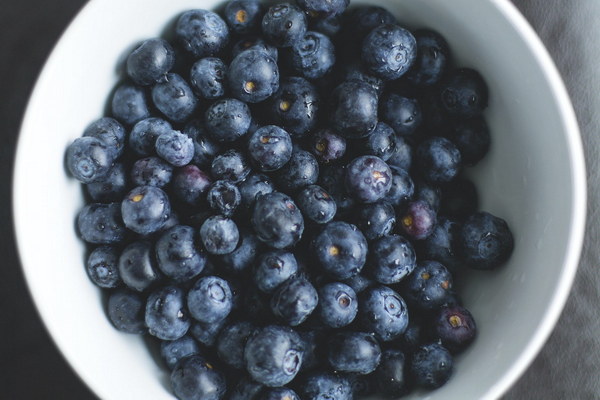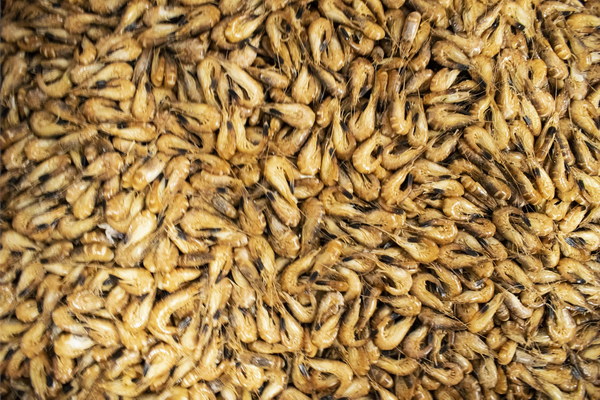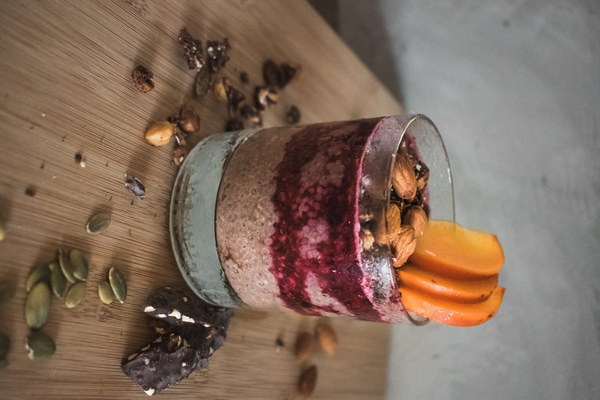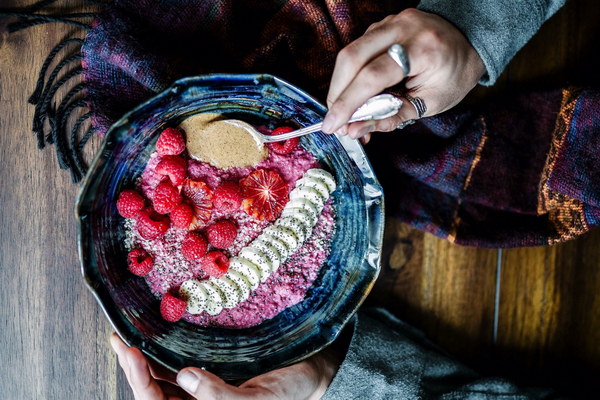Soothe the Dampness A Simple Guide to Brewing Ginger Tea for Health and Wellness
In the realm of traditional medicine, ginger tea is a well-known remedy for soothing the body and mind. But did you know that it can also help in the elimination of dampness, a common problem in many Asian cultures? Dampness is characterized by symptoms such as fatigue, water retention, and a general feeling of heaviness. Here's a simple guide on how to brew ginger tea to combat dampness and enhance your overall well-being.
Understanding Dampness and Its Effects
Dampness is believed to be a result of excess moisture in the body, which can lead to various health issues. In traditional Chinese medicine, dampness is considered an imbalance in the body's Yin and Yang, leading to a variety of symptoms, including:
- Persistent fatigue
- Water retention
- Weight gain
- Weakness
- Cold and clammy skin
- Poor digestion
- General discomfort and unease
The Power of Ginger Tea
Ginger, with its spicy and warming properties, is an excellent herb for combating dampness. Its potent anti-inflammatory and diuretic qualities help to expel excess moisture from the body, thereby alleviating the symptoms associated with dampness. Additionally, ginger is known for its ability to boost the immune system, improve digestion, and increase circulation.
How to Brew Ginger Tea for Dampness
To make a ginger tea that is effective in expelling dampness, follow these simple steps:
Ingredients:
- Fresh ginger root: 1-2 inches (2.5-5 cm)
- Fresh lemon: 1/2, optional

- Honey: 1-2 tablespoons, optional
- Water: 1 quart (about 4 cups)
Instructions:
1. Peel and Slice: Start by washing the ginger root thoroughly. Remove the skin using a vegetable peeler, and then slice the ginger into thin strips or small cubes. This will allow the ginger to release its essential oils and nutrients.
2. Boil Water: In a pot, bring 1 quart of water to a boil. If you prefer, you can also add a few slices of lemon to the water for added flavor and benefits.
3. Infuse Ginger: Once the water is boiling, add the sliced ginger to the pot. Reduce the heat to a simmer, and let it steep for about 10-15 minutes. The longer the ginger steeps, the stronger the tea will be.
4. Strain and Sweeten: After the tea has steeped, remove the pot from the heat. Use a fine-mesh strainer to strain the ginger pieces out of the tea. If you like, you can sweeten the tea with honey, but remember that honey is not suitable for everyone, especially those with diabetes or allergies.
5. Enjoy: Let the tea cool to a comfortable temperature and then enjoy it. You can sip the tea throughout the day, or you can store it in the refrigerator and drink it chilled.
Tips for Maximum Benefits
- Consistency: For the best results, drink ginger tea daily. It's most effective when consumed regularly over a period of time.
- Quality: Use fresh ginger root, as it contains the highest concentration of essential oils and nutrients.
- Timing: Drink ginger tea in the morning or after meals to help with digestion and to kickstart the day.
- Duration: Continue drinking ginger tea for at least a few weeks to experience the full benefits.
By incorporating ginger tea into your daily routine, you can help alleviate the symptoms of dampness and enjoy a greater sense of well-being. Remember, traditional remedies like ginger tea should be used in conjunction with a healthy lifestyle and, when necessary, medical advice.









